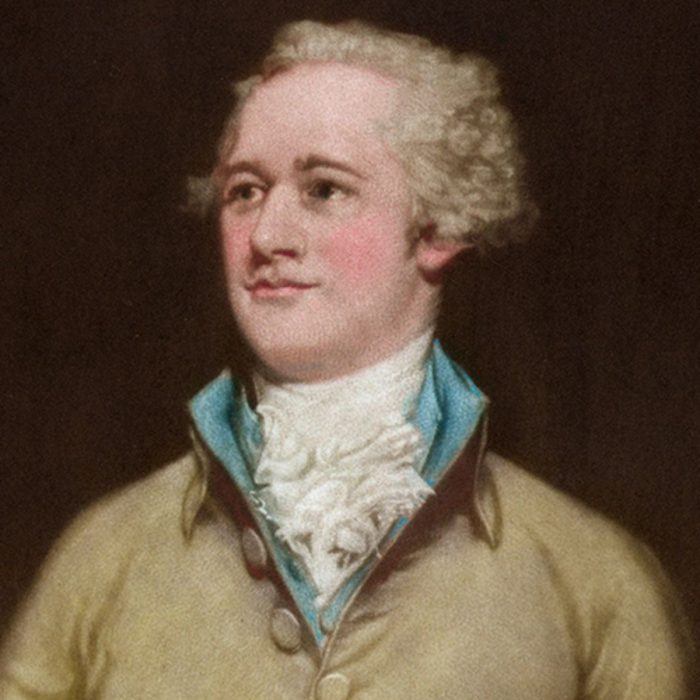Along with half the known universe, we watched the streaming version of Hamilton last weekend. I think either you love it or have no interest in seeing it at all, but I am very firmly in the former camp. We had seen it last fall with the San Francisco cast, and it was wonderful. Seeing the streaming film with the original cast was, in some ways, even better, because we kept the subtitles on, and lyrics that sped past on my first viewing landed this time, and it was, if anything, more emotionally resonant.
We followed up the next evening with 1776, our annual 4th of July tradition. (The first time I saw it–I must have been in college–I developed a serious crush on Thomas Jefferson: tall, red-haired, wordsmith, plays the violin, looks suspiciously like Ken Howard –no, actually, he didn’t, but never mind that. Subsequent learning took a lot of the gloss off Mr. Jefferson.) I love this show because it captures something important about the origins of my country–it glances off the flaws of the men, but doesn’t skip over the compromises: Here’s John Adams protesting against the removal of a clause condemning slavery:
John Adams: Mark me, Franklin… if we give in on this issue, posterity will never forgive us.
Dr. Benjamin Franklin: That’s probably true, but we won’t hear a thing, we’ll be long gone. Besides, what would posterity think we were? Demi-gods? We’re men, no more no less, trying to get a nation started against greater odds than a more generous God would have allowed.
They’re both right. Posterity–rightly–has not forgiven them. And maybe, likely, without the compromise over the mention of slavery, the south would have walked and the war would have gone the other way. A musical could be written about what would have happened if the Declaration had been voted down because Adams and Jefferson stuck to their guns. A musical could be written about Aaron Burr, for that matter. And depending on the skill of the writer and lyricist and composer, it could have the same emotional impact of Hamilton. Imagine Broadway fans divided into camps, taking passionate stands: Team Aaron vs. Team Alexander.
And of course there has come some pushback about the historical accuracy of Hamilton. There are those on the internet who are shocked–Shocked!–to find that an entertainment fudges the timing and facts of history. This is new?
William Shakespeare fudged the facts in Richard III*— one of his sponsors was the Queen, whose grandfather had taken the crown from Richard, and history is famously written by the winners. The film Elizabeth, which is a gorgeous thing, jumbles years and events in the life of Elizabeth I together to create a cohesive story that has the impact the author wanted. Meanwhile, Mary Queen of Scots (every film version I’ve seen) tends to see poor Mary as a victim of… well, everyone, from her advisors to her husbands to her cousin Liz–again, because the story from her point of view is very different from Elizabeth’s story. In all of these cases, and for reasons known best to themselves, the authors chose a rock to stand on and said “this is the story I’m telling.”
Hamilton isn’t a documentary: it’s a musical entertainment. Its creator wanted (I can only assume) to tell a story with very specific themes and impact, and chose to see it, and tell it, through events and characters in Alexander Hamilton’s life. Lin-Manuel Miranda makes it clear that Hamilton is the author of his own troubles in the same way we all are. But he loves the character, despite and because of his flaws. Franklin argues in 1776 that posterity won’t view the Founding Fathers as demi-gods. He was wrong there, but both Hamilton and 1776 restore the fallible humanity to their characters, and it works like gangbusters.
__________
*disclaimer: I’ve been in Richard III’s corner since reading The Daughter of Time in high school.

